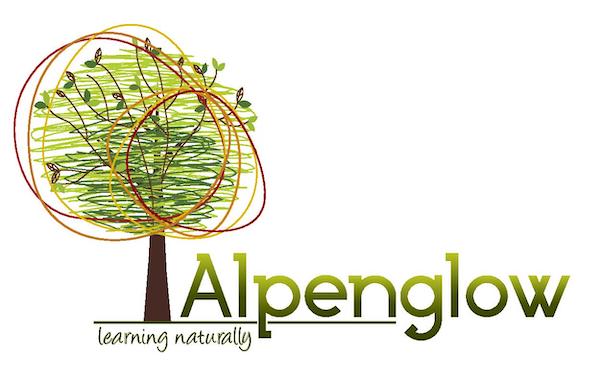Alpenglow School
|
by Andrea Barnes, Nature Immersion Specialist at Alpenglow School The theme of the Nature Immersion session over the past 2 months has been the arrival and magic of the winter season.
Potentially one of the sweetest outdoor sessions I’ve delivered for the Alpenglow students occurred on the first day of winter with the Grade 1/2 class. The class found me in the forest, dressed as a Winter Light Fairy. They heard a magical story about how my ‘job’ was to slowly collect and keep the light safe (from summer to winter solstice). After the longest night, the light would be returned in small portions - day by day. However, the rambunctious Red Squirrel and pesky Pocket Gopher got into my light storage and took it all! The students then learned about the spectrum of light and that they could help find it, they could help make it right. But...they had to be extra careful with it - they could only return the light one piece at a time, as it could easily break apart. The squirrel and pocket gopher stashed the frozen light throughout the Alpenglow forest. The stage was set. The class enjoyed their search, it was a winter easter egg hunt, they were excited and tremendously careful with all the precious frozen light pieces. Once they found it all, we continued our solstice celebration with the making of a giant spiral on the open snowy area between the bridges and decorated it with fallen branches, dried leaves, and of course, their beautiful frozen light. They finished their solstice learning by sitting in their spiral and journaling by the light of their very own tealight. It sure was a great way to kick off the winter season. Winter is the such a fabulous time to learn outdoors. Animal tracks and signs are readily found, resident birds are commonly amongst us, bare branches offer new findings, and stories are easily created from all the animal evidence. Empathy for the natural world is established as the students consider what it takes to adapt and survive in our northern environment. All of this discovery of animal and plant adaptations ties nicely into the current science curriculum the classes are covering: Needs of Plants and Animals (Grade 1), Heat and Temperature (Grade 2), Exploring Liquids (Grade 2), and Hearing and Sound (Grade 3). The Grade 5/6 class extended their winter learning with a full-day snowshoe trip on a particularly snowy winter day. For most of the class, this was their first time snowshoeing so exploring this alternative winter recreational activity was great for developing their physical literacy. While exploring Peter Lougheed Provincial Park, they discovered the unique winter ecology of the area and the management challenges therein. The class was completing their social studies unit on Democracy, so they were set up with a challenging decision of how and where to develop snowshoe trails in the protected areas around our mountain home by using consensus building strategies. Winter is not over yet! We’re only half way through (as marked by the Candlemas ceremony), so stay tuned for more wonderful winter learning experiences to come. Comments are closed.
|
Nature-Based Learning is a main pillar of learning at Alpenglow SchoolFollow our students and teachers as they take their classrooms outside to explore, connect and learn in our own natural environment. Archives
December 2019
Categories |
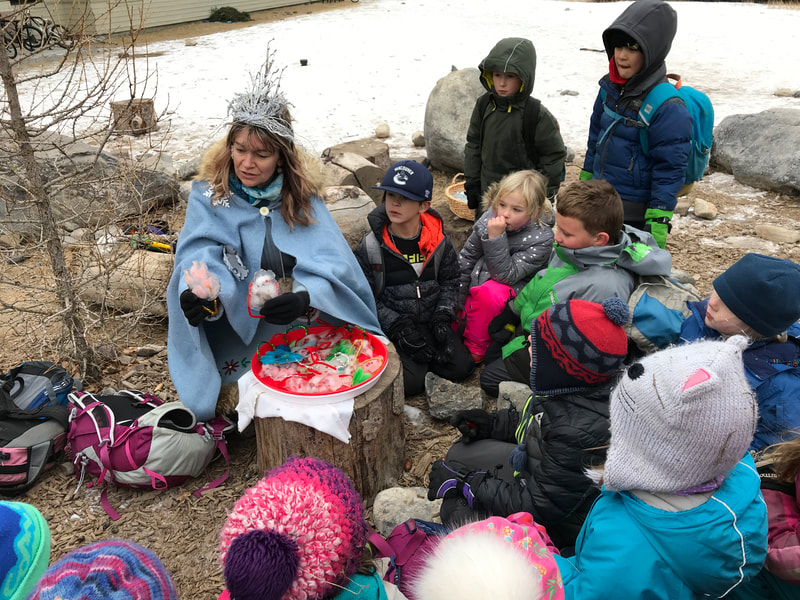
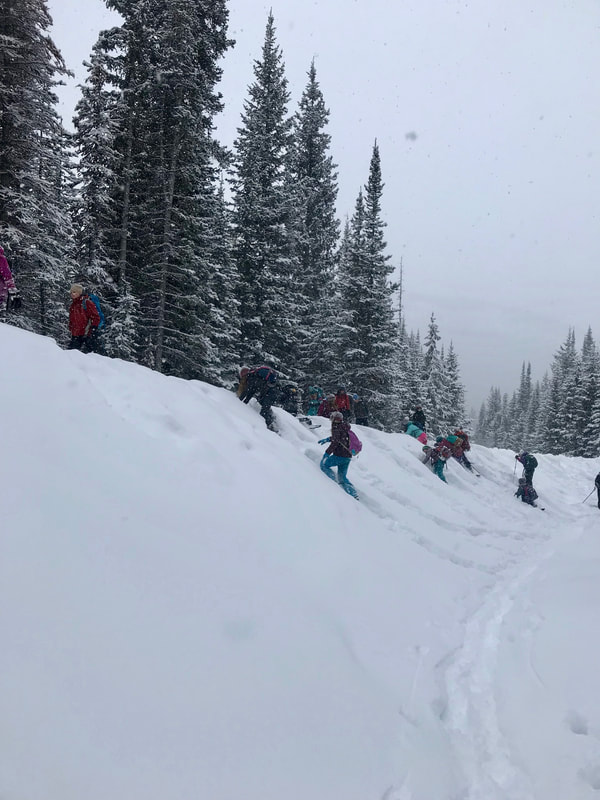
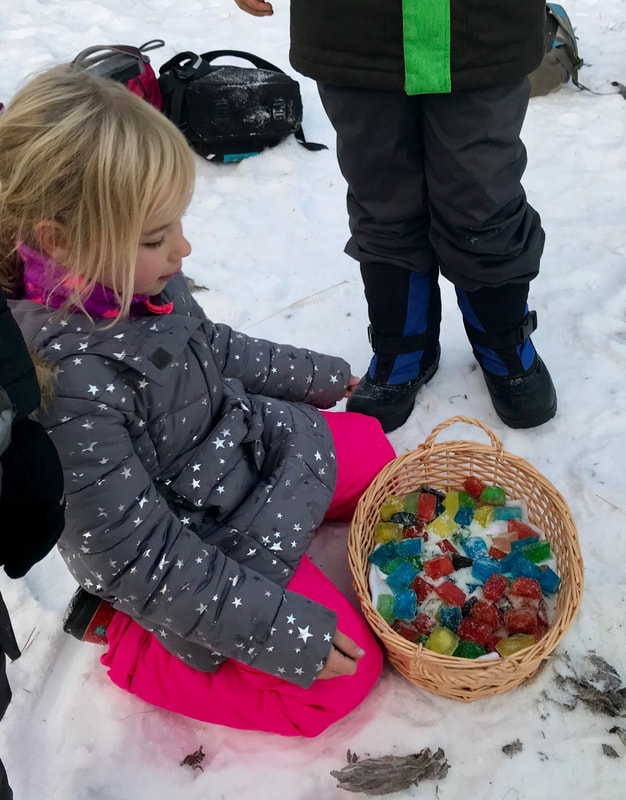
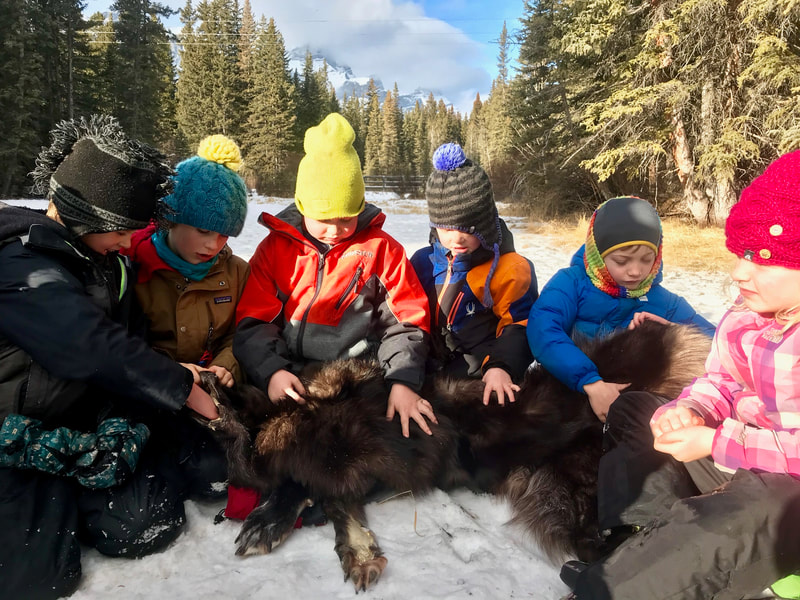
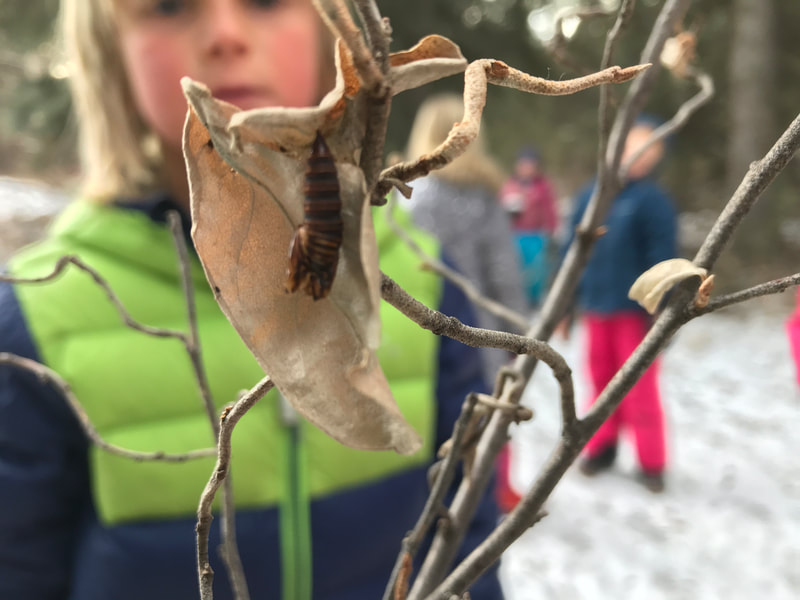
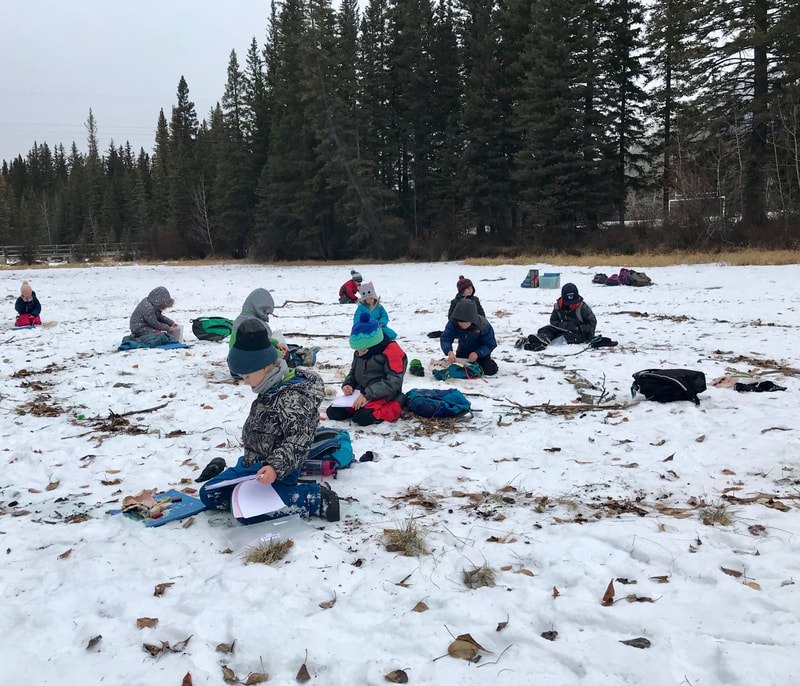
 RSS Feed
RSS Feed
